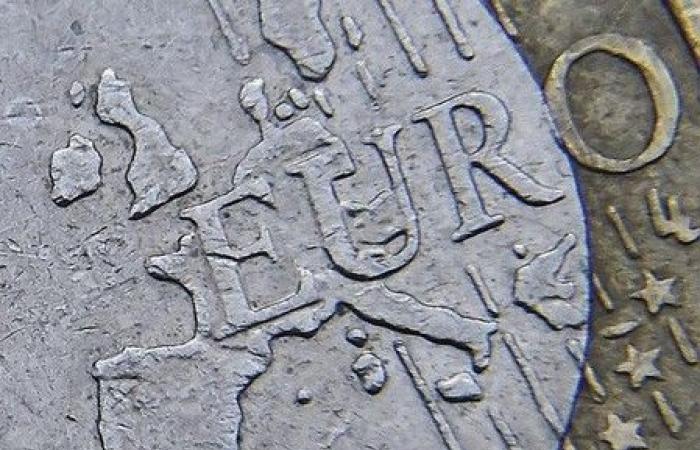The dollar attempted to break the key 160 yen level on Tuesday, but with little success, as fears of currency intervention by Japanese officials kept the yen marginally supported against its peers.
Elsewhere, bitcoin recovered some ground after its worst day in more than two months earlier in the week, partly thanks to outflows from bitcoin exchange-traded funds (ETFs), analysts said.
The dollar was down 0.08% at 159.42 yen, after trading in a tight range throughout the Asian session, as traders were fearful of testing the key resistance level that had pushed Tokyo into currency intervention from 9.79 trillion yen ($61.33 billion) in late April and early May.
This prevented the yen from hitting new lows against other currencies, with the pound settling just below 16-year highs at 202.38 yen.
The Aussie similarly retreated from a 17-year high against the yen and last stood at 106.21.
“The market is showing … that it is nervous and very concerned about this situation,” said Chris Weston, head of research at Pepperstone.
“There are inherent risks in being short the Japanese yen right now as a carry trade, which is obviously what (the authorities) want to see.”
“The first thing to do is tell currency speculators and people holding carry trades that you are warned: If you hold these positions now, you run the risk of a 400 or 500 percentage point drop in the dollar/yen.”
The yen’s latest decline came following the Bank of Japan’s (BOJ) June policy meeting, where policymakers disappointed investors who were betting on an immediate reduction in the BOJ’s massive bond purchases.
Meeting minutes released on Monday showed the central bank discussed the possibility of raising short-term interest rates, with one policymaker calling for an increase “without too much delay.”
In the broader market, the dollar weakened slightly ahead of Friday’s release of the U.S. Personal Consumption Expenditures (PCE) price index – the Federal Reserve’s preferred measure of inflation.
The pound rose 0.09% to $1.2696, while the Australian dollar rose 0.1% to $0.6663.
The New Zealand dollar was unchanged at $0.6124.
Politics also took center stage for investors, with the first U.S. presidential debate between President Joe Biden and his predecessor Donald Trump set for Thursday and the French election starting this weekend.
The euro, which has been under pressure from political turmoil in France in the wake of President Emmanuel Macron’s snap election earlier this month, gained 0.06% to $1.0741.
However, the common currency was headed for a monthly loss of around 1%, due to the political turmoil.
Against a basket of currencies, the dollar fell 0.1% to 105.39.
“Elections in France will begin on June 30, so the euro will be influenced by political concerns,” analysts at Sumitomo Mitsui Banking Corporation said in a note. “If the unstable political situation continues, the euro will weaken further against the USD.”
In cryptocurrencies, bitcoin jumped more than 3% to $61,319, recovering some of the previous session’s sharp 6.65% decline and after hitting a more than one-month low.
“We saw a decline, we saw six days in a row of funds exiting bitcoin cash ETFs,” Pepperstone’s Weston said.
“Bitcoin, to me, is… a momentum vehicle, and momentum works both ways. If it’s going one direction and the rate of change is increasing, to me, you stand back and let it the selling occurs until it can form a base. And right now, the momentum is down.” (1 dollar = 159.6300 yen)






